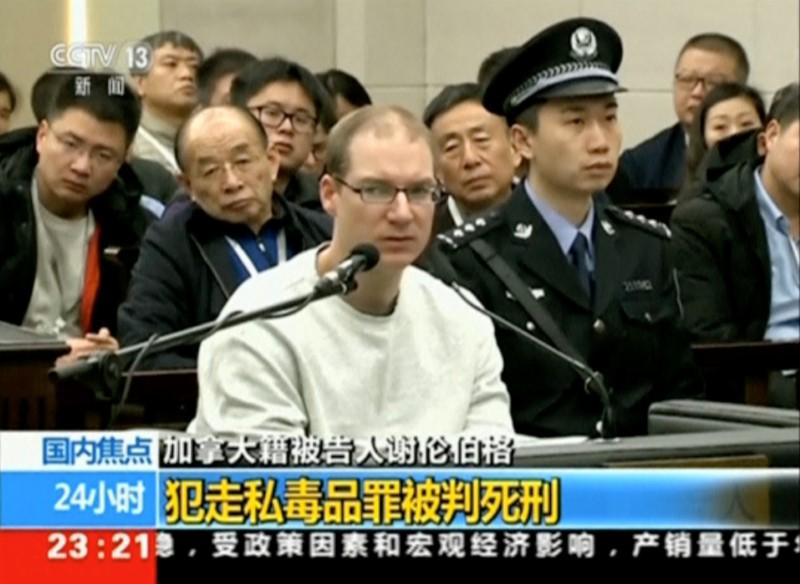Commentary
Canadians, and the world, have learned a lot about what passes for law in China following what is widely believed to be a hostage taking by the Chinese Communist Party (CCP).

Canadians, and the world, have learned a lot about what passes for law in China following what is widely believed to be a hostage taking by the Chinese Communist Party (CCP).